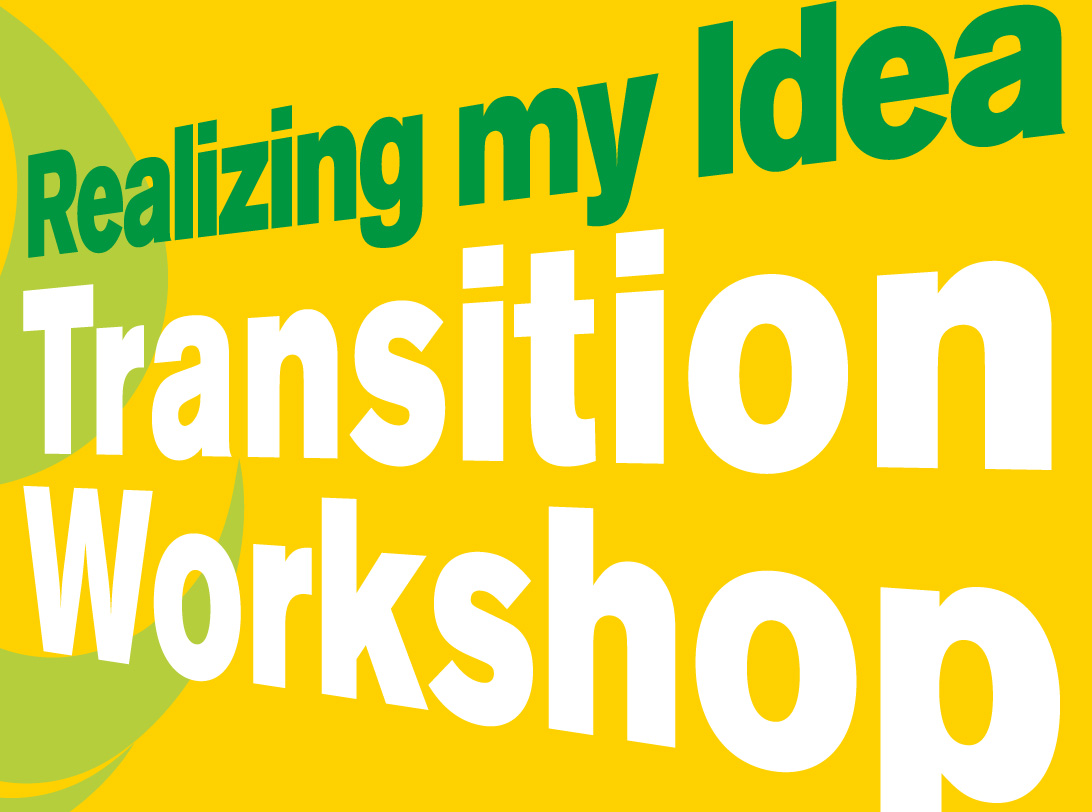


On January 19th 2015, we celebrated our foundation’s fifth anniversary with our partners and supporters. A few days previously (January 11th), the Hamburg Ballet – John Neumeier, our curatorium’s head, started this year’s series of benefits in support of Stiftung TANZ with a ballet workshop followed up by a performance at the Friedrichstadtpalast Berlin on January 20th 2015.
Numerous other benefits in ballet and other dance companies will be scheduled in the months to come, suche as an Onegin performance on February 27th 2015 at the Stuttgart Ballet and a Tanztheater Kassel benefit gala on April 2nd. We are especially proud that our curatorium head, John Neumeier, has been invited by the Allianz Kulturstiftung to the “Pariser Platz der Kulturen” at the Allianz Stiftungsforum at the PAriser Platz in Berlin on April 15th at 7:00 pm. Admission is free of charge (reservations are not possible).
In the context of TanzArt-ostwest, the Tanzcompagnie Giessen will once again request donations for the Transition foundation at the TanzArt gala 2015 on May 23rd 2015. On June 6th, benefits by the Dance Company Nanine Linning / Theater Heidelberg (Hieronymus B.) and the Gauthier Dance Company (June 30th 2015, KAMUYOT) will follow. In the fall, the Ballett Theater Augsburg and the Ballett des Nationaltheaters Mannheim will get involved in supporting our foundation with events.
Thank you very much for this support!


You have an idea for your career after dance? You are looking for ways to realize this idea? This workshop helps you to realize a career or business idea. Which of my skills can I use? What will the first steps I need to take in order to reach my goal be? The workshop will also offer necessary information for the transition into a new career. All freelance and employed stage dancers are welcome (as are the participants of the “Developing Visions” workshop). Subjects: making a decision and getting feedback, precisely formulating a vision and planning concrete steps, profiting from others’ experience and networking. Individual counseling is available and can be continued after the workshop is over.
Workshop directors: Alina Gause, a.way – counceling for artists, graduate psychologist, singer, actress, author, associate professor (UDK, Berlin) & Heike Scharpff, project director Stiftung TANZ-Transition Center Germany, Dipl. Psychologist, theater director, co-founder Waggonhalle Marburg, drama and theater therapist & N.N.
Own share/cost: 50,- € per participant (Stiftung TANZ covers travel costs with the train (Bahncard 50/ early booking/ Bahncard 25).
Sunday, 8.3.2015, 2:00 -10:00 pm until Monday, 9.3.2014, 10:00 am – 5:00 pm
K3 auf Kampnagel Hamburg
Registration: info@stiftung-tanz.com, (bei Anmeldung vor dem 18.2.2015 nur 40,- €).

On February 19th, a 14-week, English-language online course on “”Managing the Arts: Marketing for Cultural Organizations” will begin. It is directed towards practicing and future cultural managers as well as interested individuals. In the context of the course, you can learn the theoretical foundations of cultural management. The participants work together in interdisciplinary small groups in order to find solutions for concrete examples from professional practice.
Digital practice reports from four renowned cultural institutions in Lagos (Centre for Contemporary Art), Budapest (Trafó House of Contemporary Arts), Bangkok (Bangkok Art & Culture Centre) und Berlin (HAU) are in the course’s focus. Cultural managers on site explain in interviews how they organize their work in cultural marketing, project management, audience integration, sustainability, digitalization and financing in their institutions. In addition, the participants have video lectures by international cultural researchers, interventions by experienced experts, a digital reader as well as thematic bibliographies at their disposal.
The mentored open online course “Managing the Arts: Marketing for Cultural Organizations” is a project by the Goethe Institut and the Digital School of the Leuphana-Universität Lüneburg. The project ist supported by the Alumniportal Deutschland; it is in English and free of charge.
Registration deadline: February 18th 2015.
More information at: www.goethe-managing-the-arts.org/…


In the MotionComposer team, the dancer and choreographer Robert Wechsler has developed a new possibility for physical expression and movement activation at the Bauhaus-Universität Weimar for people with disabilities. MotionComposer is a direct connection between bodily movement and musical sound creation on the one hand; on the other, it is the development of easily operated technology.
Many disabled people are limited in their emotional or creative expression. This leads to illness such as depression along with the numerous problems that are associated with a lack of movement. The movement-in.music feedback motivates the users to express themselves physically. It improves bodily and self-perception as well as coordination and the development of a realistic body image. The MotionComposer can generate sounds, music and poetry from any movement, even if it is only the blink of an eye. Thus a tool was developed that allows people to have an artistic and individual expression to a degree that had often been limited due to their disability.
Robert Wechsler, the MotionComposer inventor, choreographer and dancer, was one of the pioneers of interactive technologies. He is the founder of the Palindrome Dance Company, has an MA in choreography from New York University and was a student of Merce Cunningham and John Cage. Robert was a Fulbright scholar and won the first prize for the “best interactive art” at the Berlin Transmediale in 2002. He is the author of numerous articles in the field of dance and technology and co-author of the book “Assistive Technologies, Disability Informatics and Computer Access for Motor Limitations”. He is currently living in Weimar, where he directs the MotionComposer projects.
The development of the MotionComposer is a wonderful example of how dancers can use their skills for innovations that have a special value for our society.
From March 1st – 4th 2015 you can experience motion tracking live in Weimar at the “Affording Differences” conference, MetaBody Forum VI; disabled, non-disabled and dancers are welcome.
Bauhaus University, Main Room: Seminar 108, Geschwister-Scholl-Str 8, 99423 Weimar
Information and registration: Delphine Lavau, Delphine@palindrome.de
Conference organizer: 0176 8690 5299
More information at: www.motioncomposer.com

Hearing aid acousticians advise clients for the various types of hearing aid systems or hearing protection. To do so, they accept their clients’ individual needs – whether they have weak hearing due to old age or because of noise pollution at the workplace. In order to fit a hearing aid optimally, they do tests of auditory performance – for example, they check how well clients can perceive high and low sounds or speech frequencies. Here general intellectual performance, mathematics and technical knowledge are all necessary. The also produce ear molds for hearing aids or hearing protection. To do so, they make molds of the auditory canal, fit the earpieces individually, build the custom earpieces into the hearing aid systems and do detailed adjustments. These are truly activities that require fine coordination. They also repair hearing aids and give clients an introduction to the technology. In addition, they also do business work such as business correspondence. They calculate offers, write invoices for health insurance agencies or clients and maintain a client base.
Hearing aid acousticians are employed in hearing aid businesses or at industrial producers of hearing aids. Hearing aid acousticians is a three-year certified career. The prerequisites are a “mittlerer Schulabschluß”, which is the equivalent of a 10th grade level (so-called “mittlere Reife”).
More information at: berufenet.arbeitsagentur.de/ber…

A variety of offers in further education for 2015 can be found at the Arbeitsagentur or various foundations. For example, the Heinrich Böll-Stiftung offers comparably inexpensive part-time further education in rhetoric, argumentation and presentation at different locations throughout the year. The Otto Benecke-Stiftung informs people about self-employment and effective applications.
More information:
Arbeitsagentur at: kursnet-finden.arbeitsagentur.de/…
Heinrich Böll-Stiftung at: www.boell.de
Otto Benecke-Stiftung at: www.obs-ev.de
Since the beginning of 2015, at the Bundesministerium für Bildung und Forschung (BMBF) there is a telephone information line that offers counseling for further education. This can be used by dancers in addition to our counseling offers. The idea is to support people interested in further education throughout the country to find a suitable program. During the call, your individual qualification needs are determined, your goals are made concrete and the suitable offers and valuable contacts are passed on. The advisors for further education are available from Monday to Friday (except for holidays) between 10:00 am and 5:00 pm at 030 – 2017 90 90.
More information at: www.bmbf.de/de…
Sincerely,
Sabrina Sadowska, Heike Scharpff & Andrea Thomas
